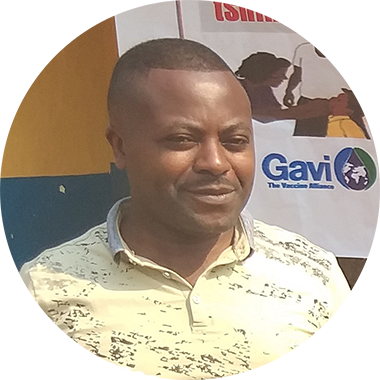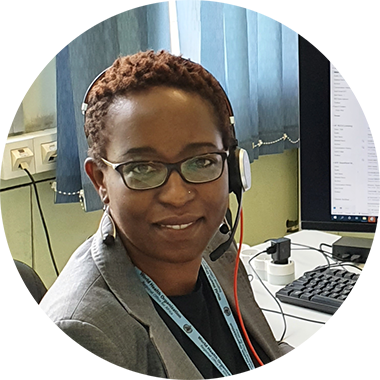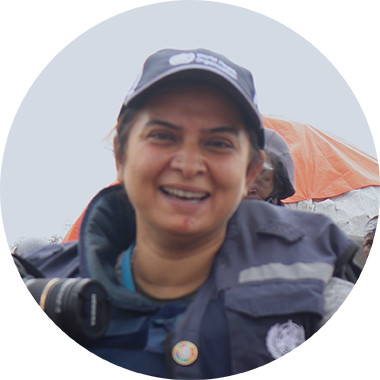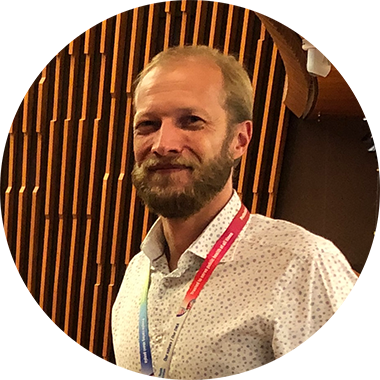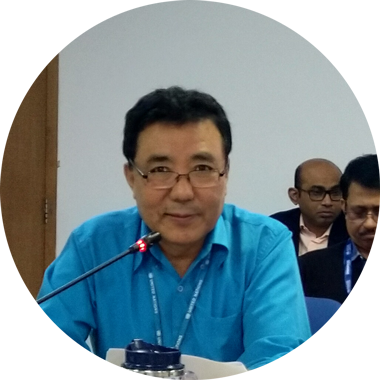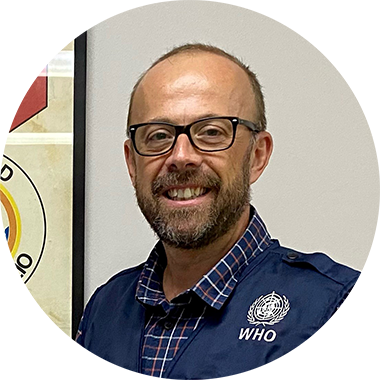
Oksana Yakovenko
Project Management Officer - Ukraine Country Office
Oksana Yakovenko started working for WHO in 2001 to provide administrative support the tuberculosis control programme in the small Donetsk field office in Ukraine, where she grew up. She studied foreign languages and was qualified in psychology, and describes herself as a life-long learner and someone who is motivated by challenges.
Oksana had a supportive family life and her father always encouraged her to explore subjects she wasn’t as strong in. She remembers being stumped by a topic in physics and going to her father for help. Rather than give her the answer directly, he showed her how to find it herself. Learning the skill of finding answers herself widened her knowledge and began her love of learning.
Oksana remembers being aware of WHO’s work on tuberculosis in the country and the feeling she had when she found a posting for a general services administrative position. She’d been given the confidence to define her own path and wanted the opportunity to learn about new areas. She applied and was selected to work in a team where she could use her administrative and language skills. She quickly learnt about WHO’s financing administration and supported the work of the tuberculosis control programme. She sometimes accompanied field missions and began to understand the burden of tuberculosis in her country and the stigma surrounding the disease. Oksana learned about evidence-based approaches used for disease control and how a programme that impacts the stigma of the disease can impact overall health outcomes. She has found it fulfilling to witness real results at a country level of this programme.
Her career grew and she moved to the WHO Kyiv country office. Today Oksana interacts with a wide range of people and has gained experience in project management, programme implementation, finance administration, how best to support the technical staff and how to monitor the outcomes of WHO programmes. Her pride in the country’s developing health system has grown to include pride in her team’s work and the impact it’s had. “We are not alone,” she says. “We all work in the team and each person plays an integral role in the process with his or her individual skills and knowledge, both health technical and programme administrators.” Among her colleagues, she is appreciated for her skills, her team commitment and always being willing to learn new areas.
I know that doing my everyday work at my best, is part of WHO mission. WHO is my life and I proud to be part of it!
WHO is a multicultural and multilingual working environment and Oksana’s language facility has been a useful tool. She has continued her professional development and now also has a finance certification. She was selected on a National Professional Officer contract and is now a Project Management Officer within the planning and management unit, where she manages putting plans into practice and contributes to programme management and capacity building. She is involved in the full cycle of a programme from conception and funding, through implementation to evaluation and reporting, which she finds to be very rewarding.
Tuberculosis remains a challenge in Ukraine and the health system continues to develop. After 10 years of working in teams that fight diseases, she is proud that Ukraine now celebrates World TB Day and hosts many other disease prevention and awareness days with NGOs, including programmes that advocate healthy lifestyles. Her work has been diverse and includes healthy diet programmes in schools, work on tobacco and alcohol control, HIV/AIDS and COVID-19 response.
Asked about what made her career journey a success, she says that it’s essential to pay attention to the details and to finalize what you set out to do. “Working with details allows me to see the bigger picture,” she says. “As the picture grew and I continued to embrace learning, so did my career.”

